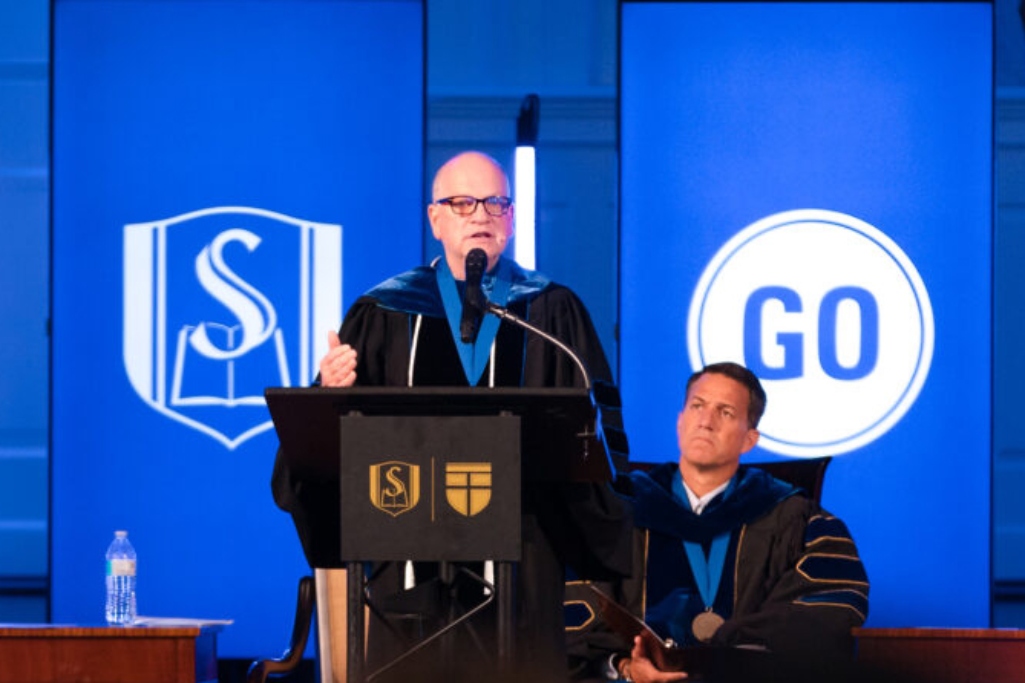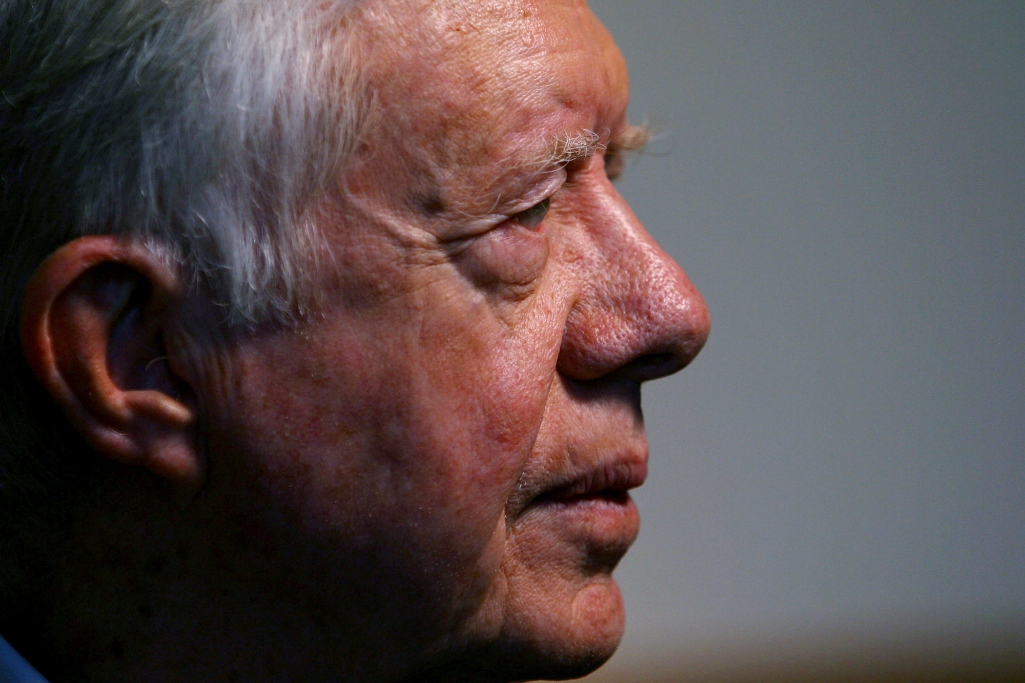LOUISVILLE, Ky. (ABP) — The 2009 Southern Baptist Convention marked the 30th anniversary of the launch of a theological/political movement aimed at stopping the nation’s second-largest faith group from drifting into liberalism and inevitable decline.
Three decades later, Southern Baptists are baptizing fewer new converts than in the 1970s. Total church membership is starting to drop, and a recent study warned that years of precipitous decline may lie ahead.
Meanwhile, the old guard that led the “conservative resurgence” is moving off the scene, followed by a generation behind them that needs some convincing that the SBC is the best vehicle for their investment of their churches’ mission dollars and energy.
SBC President Johnny Hunt succeeded his first year in office in rallying younger Baptists. They came to Louisville in unusually large numbers to support Hunt’s Great Commission Task Force, which they hope will find ways to make the convention more responsive and relevant to their goals for ministry.
Rather than stepping into pulpits of traditional Southern Baptist churches, some of these young ministers want to start new churches that appeal more directly to the interests of their generation. That involves outreach innovations, like a church in St. Louis that invites people once a month to gather at a local pub to talk about theology.
That may appeal to Christians with spiked hair and body piercings, but it doesn’t sit well with many traditional Baptists, especially those of the Greatest Generation who were raised in an era when Baptists didn’t dance, drink or go to the movies on Sunday.
Roger Moran, a Missouri layman who served the conservative resurgence faithfully in ideological battles with the Cooperative Baptist Fellowship and before that the Baptist Joint Committee, brought 4,000 copies of a 47-page pamphlet warning messengers of perils of the “emergent” or “emerging” church, but he handed out only a few hundred before convention officials asked him to stop.
One of the most-spoken names at this year’s convention was Mark Driscoll, though he wasn’t there and isn’t even a Baptist. He has spoken at an SBC seminary, however, and a number of younger SBC ministers are involved with the Acts 29 Network, a church-planting movement which Driscoll co-founded.
Eight motions brought to the floor during business sessions discouraged Southern Baptists from associating with Acts 29, mainly over Driscoll’s reported use of vulgar language and acknowledgment that he drinks alcohol.
Most were ruled out of order, but three were referred to SBC boards of trustees, which now must consider them and report their action to the convention next year.
Driscoll, 38, pastor of 7,000-member Mars Hill Church in Seattle, was an original member of the emerging church movement in the 1990s. Later he distanced himself from the “generous orthodoxy” view of Brian McLaren, another prominent voice of the emerging church.
Driscoll believes in “complementarianism,” a view that men and women are created equal in value but each gender has unique roles in the home and church. That puts him solidly in step with the 2000 revision of the Baptist Faith and Message, which says the husband is leader of the household and the wife should “submit herself graciously” to his headship.
He also supports the “New Calvinism” — identified by Time Magazine as number three of “10 ideas changing the world right now.” That aligns him with Baptist brethren such as Al Mohler, president of Southern Baptist Theological Seminary, who made the motion that authorized Hunt to appoint a Great Commission Task Force.
One messenger who spoke in opposition to the task force motion said sarcastically he didn’t need a study to tell him what is going wrong in the Southern Baptist Convention — it’s Calvinism.
That assessment seemed to be shared by some of the convention’s top leaders. During his report Morris Chapman, head of the SBC Executive Committee, criticized both Calvinism and “church-growth methodologies that masquerade under the guise of Bible exposition [that] are increasingly known for the crude themes and the vulgar language of their strongest advocates.”
A couple of hours later at a luncheon for young pastors, Southeastern Seminary President Danny Akin apologized for Chapman’s remarks and called them “shameful.”
Moran argues that “cultural liberalism” that claims to be biblically conservative but tolerates ungodly living is just as dangerous as theological liberalism to the SBC.
Many young pastors, meanwhile, are on the fence about the wisdom of investing resources in a denomination they see as wedded to methodologies from the 1950s and seemingly more interested in political clout than ministering to “the least of these.”
Jonathan Merritt, son of former SBC President James Merritt, described his ambivalence in a recent blog.
“The Southern Baptist Convention is an archaic denominational dinosaur with a bloated bureaucratic infrastructure on the fast track to irrelevance,” he wrote. On the other hand, he continued, the SBC “does more missions work than any other organization on this planet and has many other vibrant and impactful ministries.”
That is why Merritt said he supports the current discussion about the denomination’s future.
“Southern Baptists are faced with a choice from which they cannot hide,” he said. “Either they will keep kicking the can of reality while they fade into cultural irrelevance or they will act aggressively to refine our processes while preserving the wonderful work being done by so many. Southern Baptists have a choice: change or die.”
-30-
Bob Allen is senior writer for Associated Baptist Press.
5 MIN READ TIME


